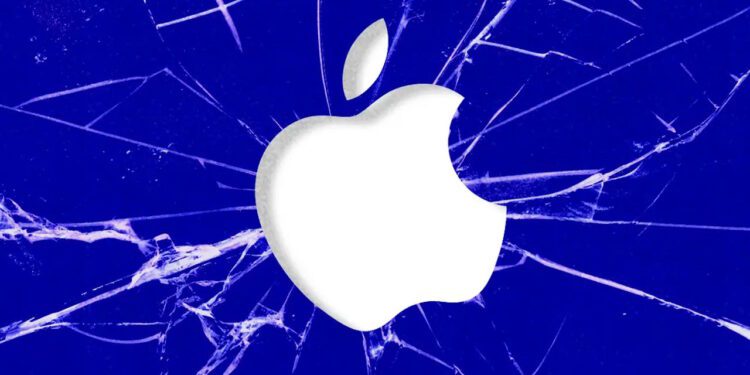According to a recent court filing by major tech rivals, Apple is allegedly defying a court order aimed at reforming its app store in the US. Meta, Microsoft, X, and Match Group contend that Apple’s actions violate the essence of the original order, which sought to foster competition by enabling app developers to communicate with users regarding deals and promotions in specific manners. Although the Supreme Court upheld this order earlier, Apple’s purported compliance plan is criticized as inadequate.
The court filing asserts that Apple’s proposed changes to app store rules fail to eliminate anti-competitive measures and instead impose new restrictions on developers, hindering price competition. These alterations, the tech companies argue, will significantly affect all app developers and users, not solely gaming apps.
This legal action stems from Epic Games’ lawsuit against Apple in 2021, following the removal of Fortnite from the app store due to a billing dispute. Epic contends that Apple’s actions violate the court’s mandate to revise app store practices deemed anti-competitive.
Apple maintains it is complying with the court order, but the involvement of prominent tech firms underscores the ongoing battle over Apple’s app store practices, despite the Supreme Court’s non-intervention and regulatory changes in Europe.
Meta argues for the freedom to inform users about alternative payment methods for boosted posts, while Microsoft claims Apple’s plan restricts users from accessing better promotions or discounts on its platforms. X expresses concerns over the impact on independent content creators’ revenue, while Match Group fears the repercussions on thousands of developers and millions of users.
In January, Apple announced revisions to its app store terms, allowing apps to include buttons or links directing users to alternative payment methods. However, according to the opposing tech firms, Apple’s proposal maintains stringent restrictions and only marginally reduces its commission fees.
Apple’s terms, they argue, effectively nullify the option of external links for alternative payments and continue to prohibit directing users to third-party websites like PayPal. Apple contends that its proposal aligns with the court’s directives and prioritizes user security and privacy.
In summary, the ongoing dispute underscores the complexities of regulating Apple’s app store practices, with significant implications for developers and users alike.


